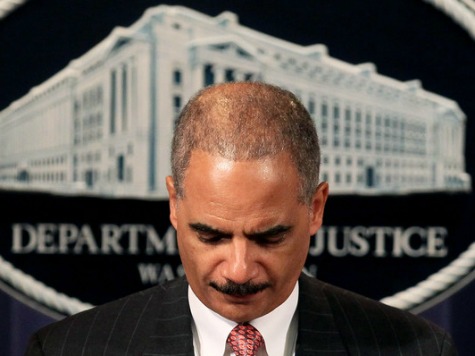The Associated Press is far from satisfied by the Department of Justice’s initial response regarding the government grabbing months of phone records from the wire service.
Gary Pruitt, president and CEO of The Associated Press, sent a sternly worded follow-up letter to the Department of Justice today, one which said its attempt at explaining what happened hardly proved reassuring and appeared dubious at face value.
The scope of the subpoena was overbroad under the law, given that it involved seizing records from a broad range of telephones across AP’s newsgathering operation. More than 100 journalists work in the locations served by those telephones. How can we consider this inquiry to be narrowly drawn?
Rather than talk to us in advance, they seized these phone records in secret, saying that notifying us would compromise their investigation. They offer no explanation of this, however.
Instead they captured the telephone numbers between scores of AP journalists and the many people they talk to in the normal business of gathering news. How would narrowing the scope of the phone records have compromised their investigation?
In their response today, the DOJ says the seized records cover only a portion of April and May of 2012. However, in their original notification to us on May 10, they say they have “received toll records from April and May 2012,” and then list 20 different numbers for AP offices and staff.
Finally, they say this secrecy is important for national security. It is always difficult to respond to that, particularly since they still haven’t told us specifically what they are investigating.
We believe it is related to AP’s May 2012 reporting that the U.S. government had foiled a plot to put a bomb on an airliner to the United States. We held that story until the government assured us that the national security concerns had passed. Indeed, the White House was preparing to publicly announce that the bomb plot had been foiled.
The White House had said there was no credible threat to the American people in May of 2012. The AP story suggested otherwise, and we felt that was important information and the public deserved to know it.

COMMENTS
Please let us know if you're having issues with commenting.